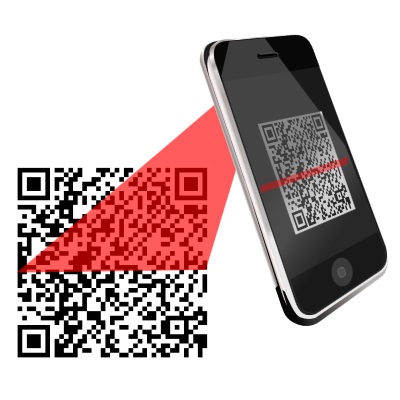 Tiny, microscopic particles make up invisible labels to track and prevent counterfeit products.
Tiny, microscopic particles make up invisible labels to track and prevent counterfeit products.
The spotlight has been on QR codes in terms of extreme sizes lately, as records are being broken both on the large and small ends of the scale.
Microscopic barcodes are being used as labels to protect against and track counterfeit goods.
The tiny labels are called microtaggants, and they cannot be seen by the naked eye. They are particles which are used for identification on a microscopic level, so that counterfeit goods can either be prevented or tracked. Though there are many different methods that have been used for this process, it now involves the use of QR codes that are small enough to fit in an area as wide as 80 microns – which is about half a human hair’s diameter.
These QR codes may be small, but they were not able to break the current size record.
Though these QR codes on microtaggants may be exceptionally tiny, and are among the smallest in the world, they have not broken the current record. Instead, Trinity College scientists in Dublin, Ireland were able to achieve that goal earlier this year.
Mircrotaggants, which are the labels that hold the tiny QR codes, are a Microtrace LLC registered trademark. This company specializes in technology to battle counterfeiting on a microscopic level. Using the quick response barcodes is only the latest among many innovations that the company has introduced.
QR codes are seen as beneficial for this purpose because they are capable of holding a great deal more information than other types of these microscopic labels. The barcode can be scanned so that this additional data can be provided.
This anti-counterfeiting development with microscopic QR codes were the result of the work of Korean University professors named S. Kwon and W. Park. They and their teams formed these particle based barcodes which were described in their recently published paper that outlined the process. The most recent edition of the journal Advanced Materials (volume 24) included the report, called “Lithographically Encoded Polymer Microtaggant Using High-Capacity and Error-Correctable QR Code for Anti-Counterfeiting of Drugs”, which received added recognition through a cover image.

 These two industry leaders are generating more in store action than other networks.
These two industry leaders are generating more in store action than other networks.